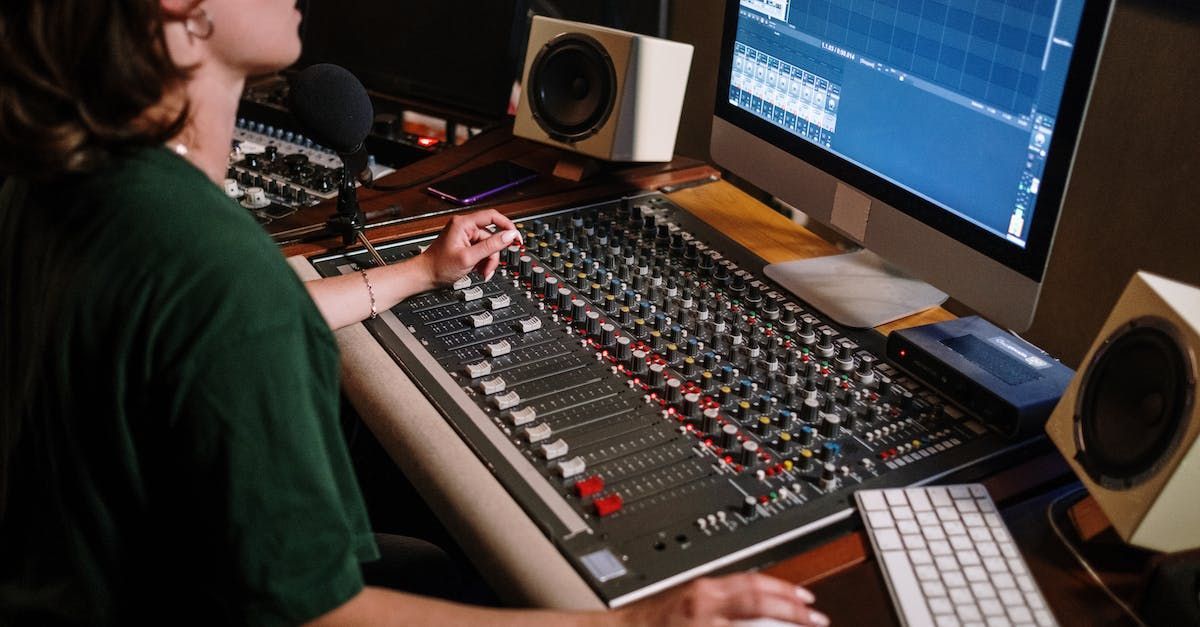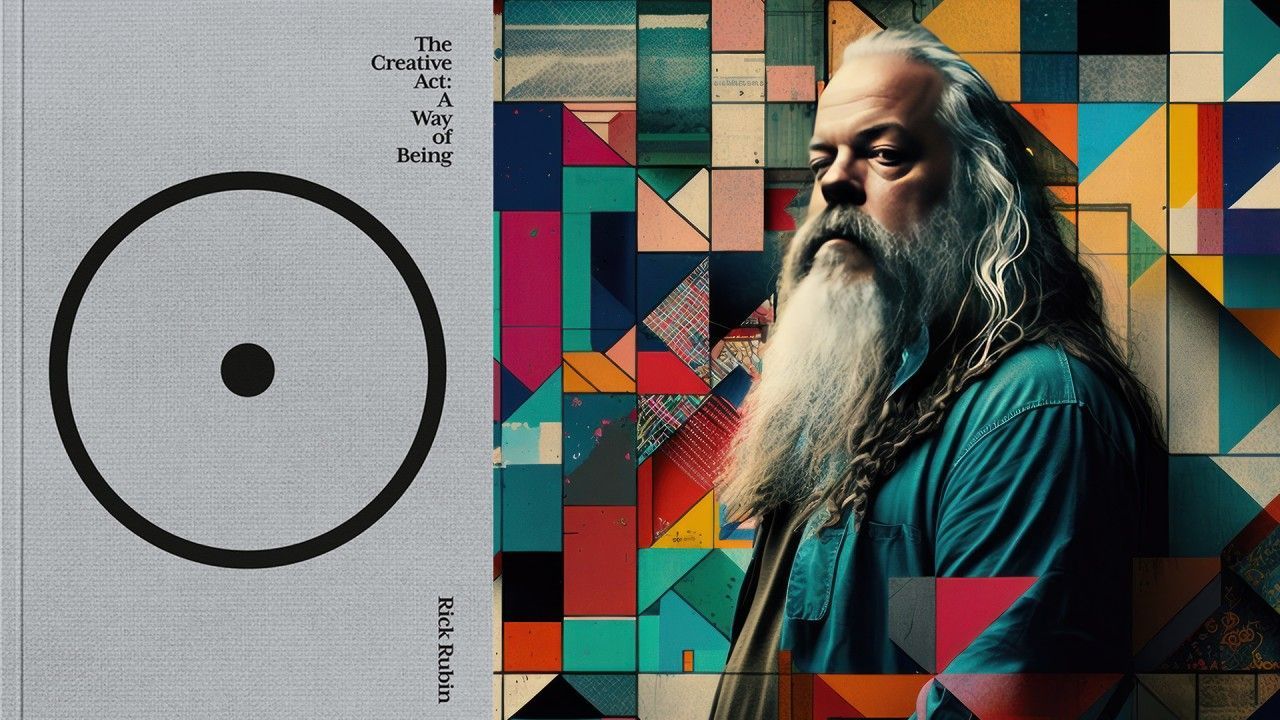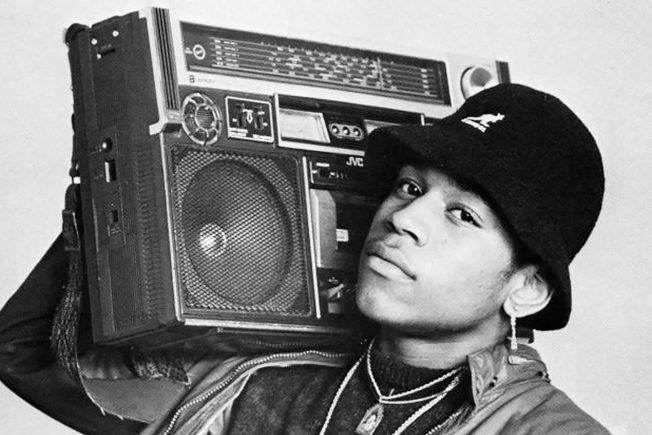Icon’s Industry Advisor discusses the hardships musicians face when striving to finish tracks and offers advice on how to work through creative barriers.

Why Can’t I Finish Tracks?
One of the most common issues I see up-and-coming producers struggle with is the inability to finish tracks. It’s easy to get an 8-bar groove going. However, completing the arrangement is another story, let alone getting the mix and master where you want it to be.
But what’s really going on here? As bad as this may sound, I believe you’ve set your benchmark too high. More likely than not, you’re comparing your music to your favorite artists and wondering, why doesn’t my track sound that good? And the answer is simple: you haven’t been making music as long as they have! Your favorite artist has probably already put in their 10,000 hours. They’ve been tirelessly working on their craft for 10, 15, 20 years and have thrown away more finished projects than you’ve even started. So how fair is it for you to compare your music to theirs?
Now granted, we all get stuck at different parts of the creative process. But I think a lot of it boils down to having expectations for the end result of the song. It’s natural to want your music to be perfect and become the next big hit. We want it to get a ton of plays, increase our followers and send us on tour. We’ve become attached to this idea of what the end result of the song should be and worked countless hours trying to get it there. But after pushing this heavy boulder of expectation uphill, never quite hitting that elusive benchmark, we eventually give up. Even worse, when we do this a few times in a row, we start to identify ourselves as “someone who can’t finish tracks” and start to create a self-fulfilling prophecy.
So How Do You Break the Cycle?
First off, recognize that you are only as good as you are today – and that’s ok! Take pride in that. This is where you’re at so far on your journey as a music producer, and that’s a beautiful thing. You’re only going to be capable of taking your music so far with the skillset you currently have, so take it as far as you can and call it a day. Let go of trying to be perfect.
Secondly, take it one step at a time. It’s natural to want to be great NOW, but you can’t skip the steps. You need to be bad before you can be good before you can be great. And reaching that benchmark of greatness is ultimately going to be a numbers game. The only way to get REALLY GOOD at making music is to make a ton of it. Every track you finish will take you one step closer towards your goal of being an amazing producer. But you have to FINISH them. Otherwise, you’ll just do circles around that first step.
Zhu’s Journey
An example I often use to drive this point home is the artist Zhu. He exploded on to the dance music scene with his hit song “ Faded ” in 2014 and helped bring deep house into the mainstream spotlight. While it seems like he came out of nowhere, he actually created and released a huge volume of work years before this.
In 2011-2012 he did a campaign called “52 to Zhu” where he put out a track a week for an entire year (they’ve since been taken down). Now I imagine he had already finished a ton of records before this campaign and also made a ton more after. So realistically he must have produced at least 100-150 songs (or more) before he produced the ONE song that made any real difference in his career. To put it another way, he HAD to produce all of those songs, songs that nobody will ever hear before he could reach that benchmark of greatness. He had to go through the steps.
So if you’ve fallen into the trap of not finishing songs, break that cycle today before it becomes a habit. Your song is complete whenever YOU decide that it’s complete. Wrap it up, move on to the next one, and keep laying those bricks down one-by-one to build the foundation for what will eventually be a powerhouse in music production.
Breakthrough Creative Barriers
Delve deeper into the art of music production through Icon’s comprehensive Blueprint Curriculum. Learn essential knowledge to enhance your craft and develop your signature sound.
If you’re feeling stuck and having trouble finishing tracks then check out our Arrangement, Songwriting, Studio Mentor, and Art of Flow programs. These extensive course offerings empower aspiring artists to unleash their maximum creative potential.

Turn your passion for music into a Profession: Learn more about our Music School Programs!
MORE ARTICLES FROM THE ICON BLOG

FIND YOUR SOUND, HONE YOUR CRAFT:
Are you ready to turn music into a career? ICON prepares students to become music producers, composers, performers, recording artists, professional DJs, and entrepreneurs in the entertainment industry. Click below to get information about our award-winning programs:

